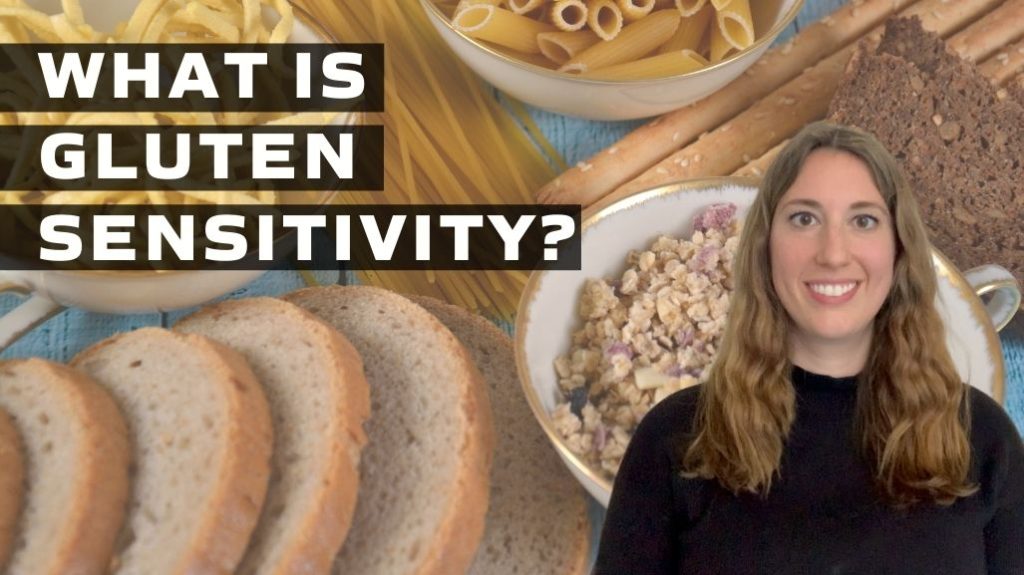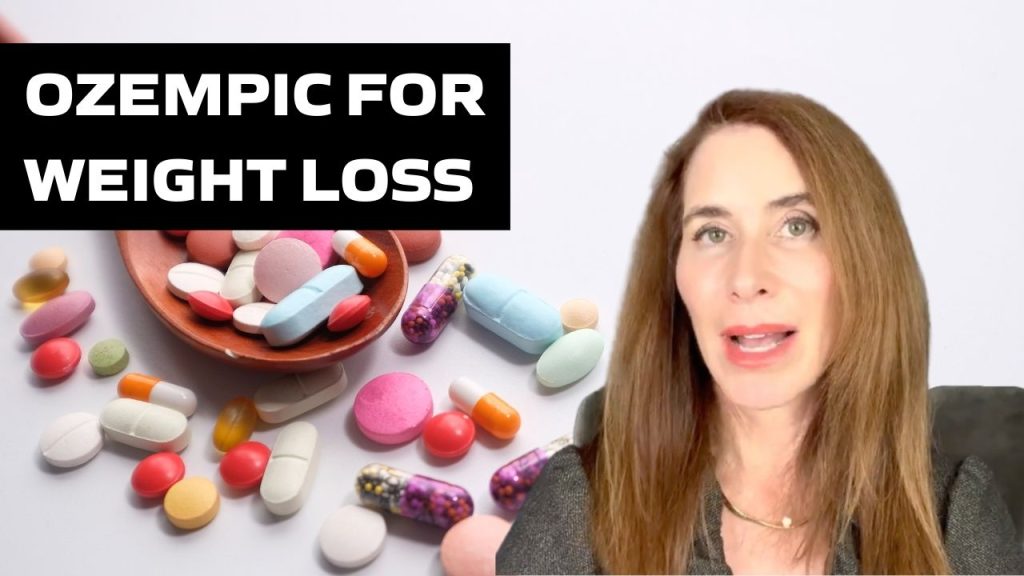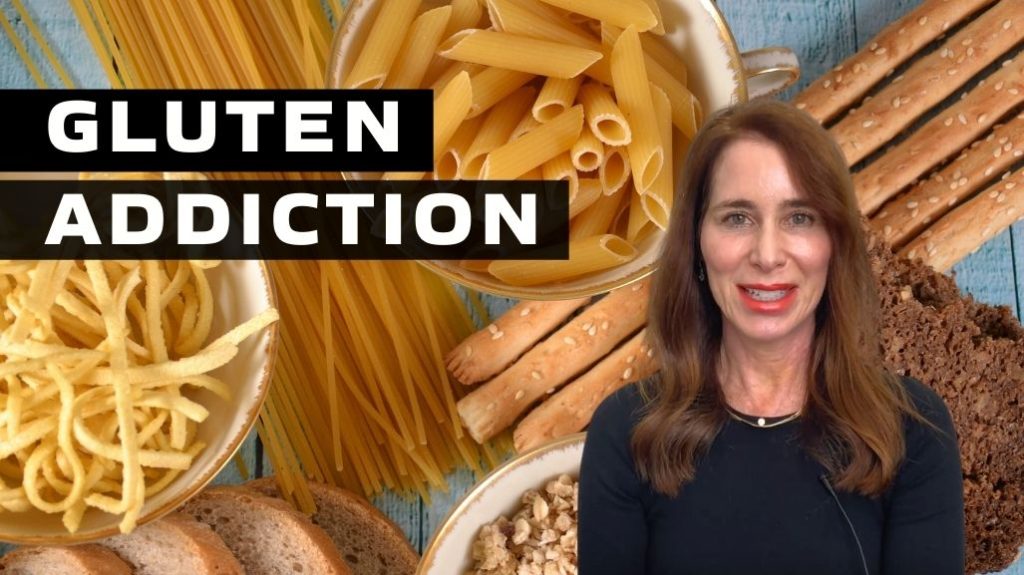The Problem with Collagen
Is non-organic collagen safe?
What you will learn about
Before you consume any collagen products there are some important factors you should know.
Is the product organic? While even organic products have issues which we’ll discuss next, let’s first address non-organic collagen.
Non-organic collagen products have contaminants, which isn’t surprising considering they’re a byproduct of an industry that is riddled with contamination problems.
Scary data about beef sold in the U.S.
You may or may not know the U.S. suspended importing fresh beef from Brazil in June 2017. Mercola.com reported that an investigation by Brazil’s police discovered that food inspectors accepted bribes, falsifying sanitary permits which allowed expired meats to be sold across the world. Politicians were also revealed to be accepting bribes totaling in the hundreds of millions of dollars.
It’s rather disgusting I’ll warn you. When our country began to have a suspicion of Brazilian meat inspection of 100% of the imports went into effect. Among several problems were abscesses in the meat, apparently due to a reaction to a vaccine the cattle receive to prevent foot and mouth disease.
Contamination with pathogens (infectious agents) and drugs is a known widespread problem with conventional meat.
It’s been reported that 80% of supermarket meats are contaminated with fecal bacteria (yes, poop). Many of these bacteria are of the antibiotic resistant type due to the widespread use of antibiotics in our cattle raised in CAFOs (concentrated animal feeding operations).
The facts are that antibiotics and drugs at these ranches are the norms.
Beef collagen with a side of drugs?
A Consumer Reports article in August 2018 cited the presence of many drugs in the U.S. meat supply, including anti-inflammatory, antifungal, and hallucinogenic drugs. These drugs have links to cancer per the article.
While it’s claimed that factory-farmed meats are three times more likely to contain drug-resistant bacteria than grass-fed beef, that certainly doesn’t let grass-fed beef off the hood.
And not to be paranoid, but the unethical, money-motivated behavior that creeps into these industries makes one concerned about trusting big beef, and others, more than just a little.
Tests of collagen supplements that were non-organic revealed the presence of contaminants that included: antibiotics, drugs and endocrine disruptors that will affect hormone function and increase your cancer risk.
Heavy metal toxicity
As I reported in an earlier blog, making collagen in your kitchen from organic chicken bones had a risk of lead, despite the chicken is organic. Here’s the data:
Dr. Greger published “Lead Contamination in Bone Broth” researchers found that broth made from chicken bones had 10 times the amount of lead as the broth made identically but without the chicken bones. The water was from the same source, in other words
When questioned what the results would be had they used organic, free-range chickens in their study? The authors replied that they DID only use bones from organic, free-range chickens.
The heavy metal cadmium was another contaminant found in a purchased collagen product.
The risks continue: those collagen products derived from the animal’s bone or hide can contain heavy metals such as lead.
Is organic collagen safe?
Moving on to organic collagen products, there are safety issues with them as well, unfortunately.
Those made from cowhides, even organic, go through the following process, making them a highly chemically processed product.
Per Mercola.com, newly skinned hides arrive on pallets at a tannery. They’re salted, but that is inadequate to preserve them completely, yielding a stench that’s overwhelming. The hide next undergoes an acid bath process involving chemicals such as chromium salts or sulfuric acid.
Those hides that have scars are discarded and it is these imperfect pieces or scraps that are used to move bovine collagen products. Additional processing is utilized to dissolve the hide and release the collagen protein that you then purchase.
The animal may have been organic when alive, but the collagen derived from its hide is certainly not pristine when you later ingest it.
It is recommended that the safest form of collagen would be derived in your own kitchen from organic grass-fed beef bones or organic chicken feet.
Animal parts soak up contaminants and heavy metals
Perhaps the best summary was from Dr. Mark Moyad who, when interviewed about collagen for WebMD had this to say: “I think the elephant in the room here is safety. We are talking about ground-up fish, chicken, pig, and cow parts, and these parts tend to act as sponges for contaminants and heavy metals.”
Health benefits of collagen
The benefits cited, health-wise for consuming collagen are several, including:
Better sleep, reduced joint stiffness, muscle building, gut function, and more. Many of these benefits are associated with the high glycine content, a non-essential amino acid.
Essential amino acids must be gotten from your diet, while non-essential amino acids can be manufactured from the essential amino acids you consume – isn’t Mother Nature brilliant!
Glycine, the star ingredient in collagen
Glycine is typically high in animal products including meat, fish, eggs, and dairy.
However, there are plenty of plant products containing glycine, including:
- Sesame seeds
- Watercress
- Pumpkin seeds
- Pistachio nuts and other nuts as well
- Soy
- Spinach
- Sunflower seeds
- Lentils
- Legumes
Final caution if you suffer mood swings, depression, anxiety or irritability
While we’ve discussed that the “main ingredient” that provides benefit in collagen in the amino acid glycine which can be found elsewhere, an important factor to also know is what collagen lacks.
Collagen, also known as gelatin is an incomplete protein because it is missing an essential amino acid – tryptophan. While all essential amino acids are important because by definition we cannot make them, the lack of tryptophan will impact you in a particular way that you should know about.
Low tryptophan levels can cause symptoms of anxiety, irritability, low self-esteem and depression.
Why? Tryptophan is a precursor to serotonin, a mood stabilizer.
It can be tempting to freely utilize collagen powders to boost one’s protein with a flavorless powder. It seems awfully easy, but you should know about the liabilities we’ve already discussed.
If you tend towards low serotonin symptoms including depression, irritability, or anxiety and have been using collagen as a major source of your protein, you may want to take a break from it and get a balanced source containing ALL the essential amino acids instead. See if you notice any improvement in your mood.
Does your health need improvement?
We specialize in identifying the underlying reason why you have the symptoms which are bothering you.
We have great tools to really get the answers of not only “why” but what can be done about it.
You deserve to enjoy great health; please give me a call if you want some help.
Contact us for a Free Consultation – Call (408) 733-0400.
If you are not local to us you can still receive help. It is the reason we created our Destination Clinic that treats patients from across the country and internationally.
We help the world’s busiest people regain, retain, and reclaim their health, energy, and resilience.
If you liked this blog please share it with friends and family.
Ask a Doctor
Have a health concern you'd like to speak with a doctor about? Or just want clarity on a subject? Ask Us!






